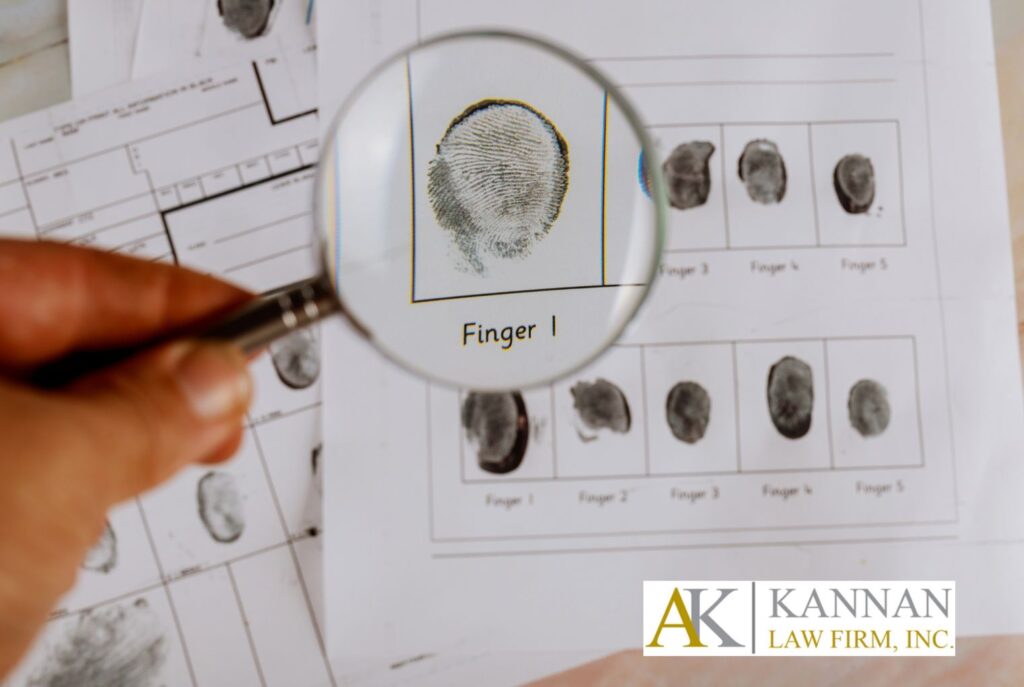Who Qualifies for CARE Act Intervention in Criminal Cases?
Who Qualifies for CARE Act Intervention in Criminal Cases?
Do you need legal help? Call us today at (619) 746-8879
The Consumer Arrest Record Fairness (CARE) Act is an important piece of legislation aimed at addressing the long-term consequences of arrest records for individuals, particularly those impacted by criminal justice involvement. It provides protections against the misuse of arrest records and ensures fair treatment in employment, housing, and other opportunities.
This law helps reduce systemic barriers for people working toward rehabilitation and reintegration.
Key Takeaways
- Focus on Non-Convictions: The CARE Act protects individuals from the consequences of arrests that did not result in convictions.
- Broad Protections: It covers employment, housing, and consumer reporting, reducing barriers to reintegration.
- Privacy-First Approach: Background check companies face stricter limits on reporting non-conviction records.
What is the CARE Act?
The CARE Act ensures that individuals with arrest records are not unfairly discriminated against in key areas of their lives. Arrests without convictions often remain on records and can negatively affect someone’s ability to move forward, even when they have been cleared of wrongdoing.
The CARE Act aims to create a more equitable system by limiting when and how these records can be used.
How Does the CARE Act Work?
Under the CARE Act, organizations are restricted in their ability to access or rely on non-conviction arrest records. This protects consumers from biases and promotes fairness in the following ways:
- Employment Protections: Employers are prohibited from making decisions based on arrests that did not result in convictions.
- Housing Rights: Landlords cannot deny housing based solely on an arrest record without a conviction.
- Privacy Safeguards: The act limits how and when background check companies can report arrest information.

Who Qualifies for CARE Act Protections?
The CARE Act benefits individuals who meet the following criteria:
- Arrest Without Conviction: Individuals with arrests that did not result in a conviction are protected under the CARE Act.
- Expungement or Dismissal: Those who have had their cases dismissed, expunged, or sealed are also covered, ensuring that past mistakes do not unfairly influence their future.
- Adverse Actions Due to Arrest Records: People who face discrimination in employment, housing, or other opportunities because of an arrest record may invoke protections under this law.
What Does the CARE Act Do for Those Involved in Criminal Cases?
The CARE Act plays a critical role in leveling the playing field for individuals with arrest records. By limiting how these records are used, the law provides pathways to rehabilitation and stability.
- Promotes Fair Employment: Employers must evaluate candidates based on qualifications rather than past arrests.
- Encourages Housing Stability: The law ensures housing opportunities are not unfairly withheld from individuals with non-conviction arrest records.
- Reduces Stigma: By protecting consumer records, the CARE Act helps eliminate biases tied to involvement in the justice system.
If you are looking to expunge or seal your criminal record in California, contact Kannan Law today. We are your allies in San Diego, with broad experience in criminal defense.
Conclusion
The Consumer Arrest Record Fairness (CARE) Act is a transformative step toward justice reform, helping individuals with arrest records avoid unnecessary stigma and barriers. By fostering fairness in employment, housing, and other opportunities, the CARE Act paves the way for rehabilitation and equality, benefiting not just those with arrest records but society as a whole.
Frequently Asked Questions
Can employers still run background checks under the CARE Act?
Yes, employers can run background checks, but they are prohibited from using non-conviction arrest records to make hiring decisions.
Does the CARE Act apply to all arrest records?
No, the CARE Act specifically addresses arrests that did not lead to convictions or have been expunged, sealed, or dismissed. Conviction records are subject to different laws and regulations.
How does the CARE Act benefit those with expunged records?
The CARE Act ensures that expunged or dismissed cases cannot be used against individuals in employment, housing, or other areas, allowing them to move forward without bias or prejudice.
